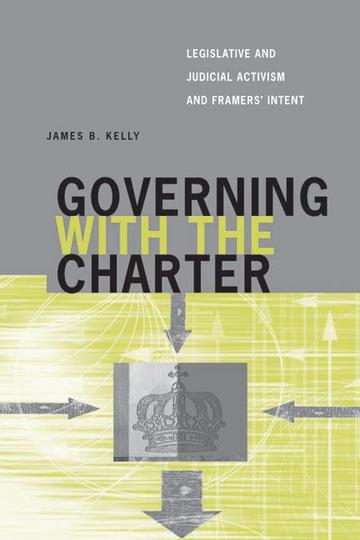About BC Books Online
BC Books Online was created for anyone interested in BC-published books, and with librarians especially in mind. We'd like to make it easy for library staff to learn about books from BC publishers - both new releases and backlist titles - so you can inform your patrons and keep your collections up to date.
Our site features print books and ebooks - both new releases and backlist titles - all of which are available to order through regular trade channels. Browse our subject categories to find books of interest or create and export lists by category to cross-reference with your library's current collection.
A quick tip: When reviewing the "Browse by Category" listings, please note that these are based on standardized BISAC Subject Codes supplied by the books' publishers. You will find additional selections, grouped by theme or region, in our "BC Reading Lists."
In Governing with the Charter, James Kelly clearly demonstrates that our current democratic deficit is not the result of the Supreme Court’s judicial activism. On the contrary, an activist framers’ intent surrounds the Charter, and the Supreme Court has simply, and appropriately, responded to this new constitutional environment. While the Supreme Court is admittedly a political actor, it is not the sole interpreter of the Charter, as the court, the cabinet, and bureaucracy all respond to the document, which has ensured the proper functioning of constitutional supremacy in Canada. Kelly analyzes the parliamentary hearings on the Charter and also draws from interviews with public servants, senators, and members of parliament actively involved in appraising legislation to ensure that it is consistent with the Charter. He concludes that the principal institutional outcome of the Charter has been a marginalization of Parliament and that this is due to the Prime Minister’s decision on how to govern with the Charter.
James B. Kelly is Assistant Professor in the Department of Political Science at Concordia University.
- Short-listed, Donner Prize, Donner Foundation
Governing With the Charter offers a number of challenging insights into the new era of Canadian politics. The theory of multiple rights activism, the historical analysis of framers’ intent, the reconceptualization of judicial activism, and the normative implications for the future make this a most satisfying volume for the scholar of Canadian law, as well as for the general comparative courts researcher.



